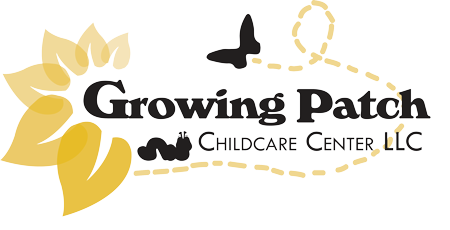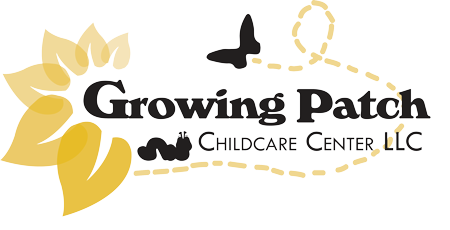Preschool
Clovers (33 months-5 years)
We offer a preschool curriculum 5 days a week for children 33 months to 5 years old. To be enrolled in preschool children do not have to attend all 5 days. Our preschool program is unique, parents can choose a preschool schedule that fits their needs.
Each day we will review what we learned the day/week before and build on what we have learned. We feel this will allow the children to gain more experience learning and mastering their new preschool skills throughout the day.
Our preschool program
- Attends field trips
- Uses Zoo Phonics for letter recognition
- Explores and focuses on identifying Numbers, Shapes and Colors
- Promotes family involvement through
- Volunteer opportunities
- Special occasions and events
- Offers parent-teacher conferences two times a year
- Offers hearing and vision screening for children attending PreK/K the following year
The areas of development around which our curriculum is organized are as follows:
1. Social:
- Exhibit non-aggressive behaviors with peers and teachers
- Interact competently with peers by sharing and engaging in play
- Participate in clean-up time routine
- Problem-solve with peers when frustrated with minimal adult guidance
- Participate in group time with little or no redirection
- Show care and concern for peers
- Participate in list-making turn-taking
- Wait for short periods of time during transitions
- Respect the feelings and property of others
- Exhibit positive listening skills, makes eye contact
- Use appropriate language with peers and teacher
- Help children experience pride and self-confidence
- Develop greater independence and self-control
- Identify new feelings/emotions.
- Show competence in utilizing appropriate methods to express strong emotions
- Communicate feelings and needs appropriately
- Help children become confident learners by letting children try out their own ideas and experience success, and by helping them acquire learning skills such as the ability to solve problems, ask questions, and use words to describe their ideas, observations, and feelings.
- Identify: letters, phonemic awareness, zoo phonics animals, numbers, colors and shapes
- Sit and participate at group time
- Write first name
- Follow multiple-step instructions
- Ask questions when confused
- Make appropriate letter sounds for majority of letters
- Categorize objects by observable properties, such as color, size, or shape
- Follow classroom rules with little teacher redirection
- Identifies all regular two-dimensional shapes
- Identify, write, and spell first and last name
- Recognize, name, and write all uppercase and lowercase letters
- Identify common three-dimensional shapes
- Recognize, name, and write numbers 0 through 9
- Transition smoothly from one activity to the next
- Understand concepts of up/down, big/small, more/less, etc.
- Help children increase their large and small muscle skills and feel confident about what their bodies can do.
- Exhibit strong hand-eye coordination
- Grasp a pencil with pincer coordination
- Hold scissors correctly and makes cuts accurately
- Manipulate small objects such as beads, blocks, and playdough with controlled movements
- Sign-in in the morning by writing name or making mark in designated space
- Dump extra food in the trash and put plate/bowl/silverware in bin
- Pour own water/milk from small pitcher
- Put on and take off winter apparel with little or no help from teacher and peers
- Serve own food at lunch
- Use the toilet, wipes, and pull up pants without help
- Wash and dry hands without help, turn off water and throw away paper towel when finished

